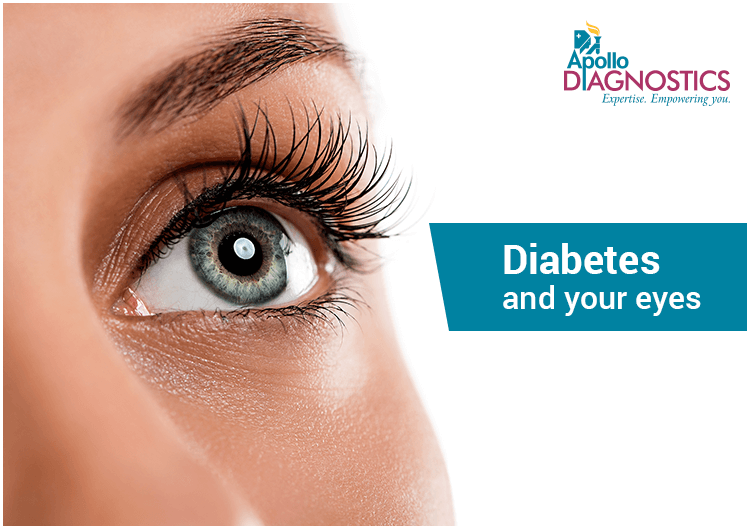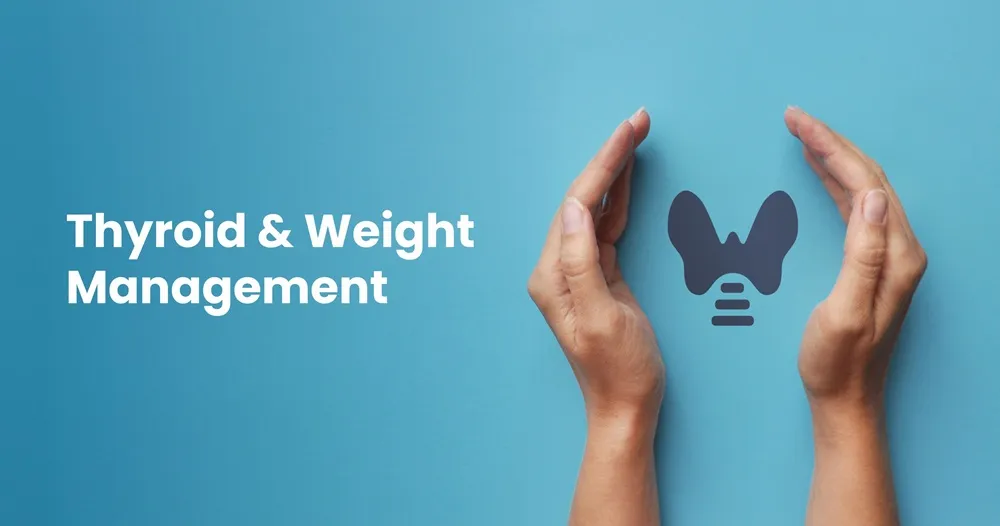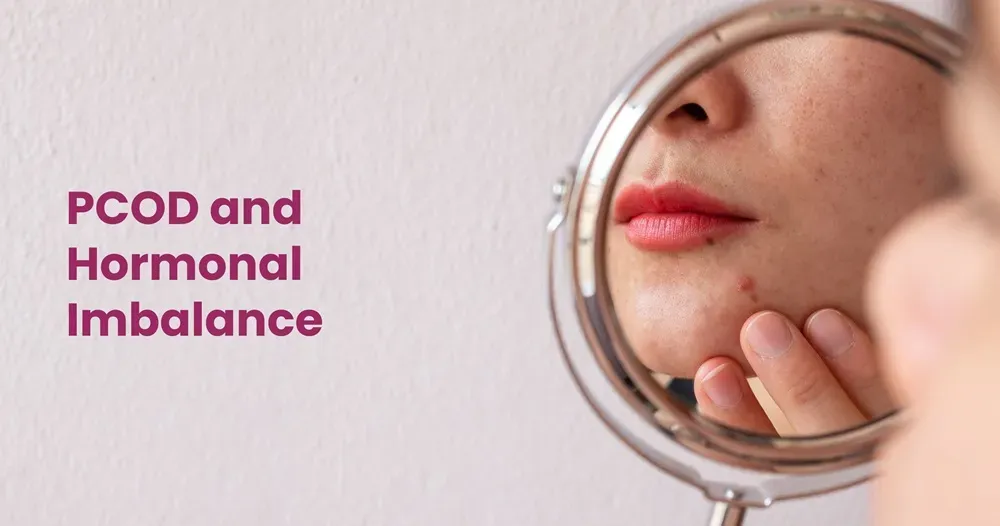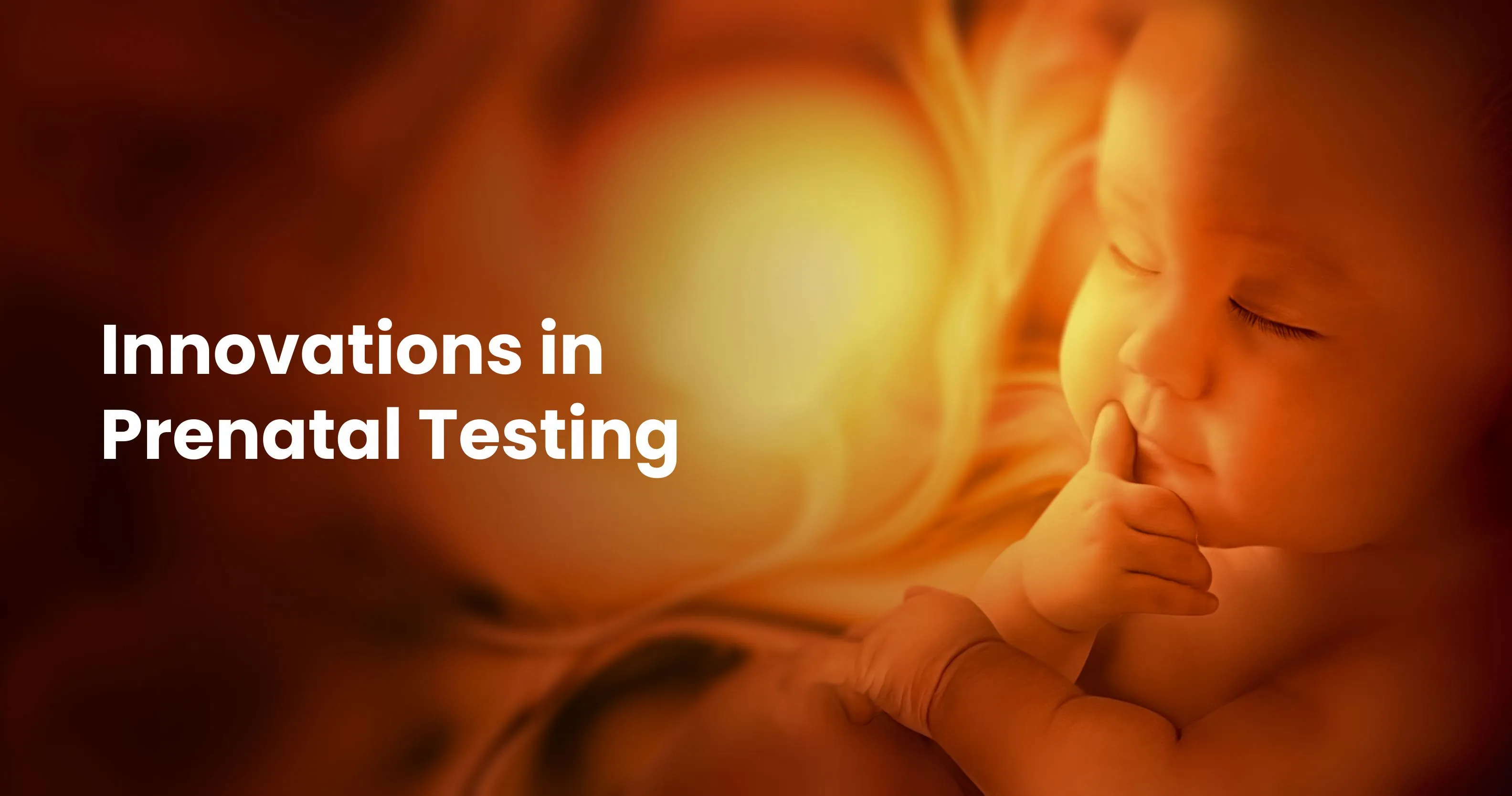Diabetes and your eyes
Jun 04, 2020

According to the latest reports, there are over 72 million adults suffering from diabetes mellitus in India. The statistic is a clear indicator of the grave and widespread prevalence of this disease. Obesity, laidback lifestyles, improper eating, and sleeping habits can further worsen the impact.
The pancreatic hormone, insulin, reduces the sugar in the bloodstream. However, in diabetes, the body becomes insulin resistant, leading to a drastic spike of blood sugar levels. This unstable health condition leads to many other biological malfunctions and even organ disorders.
EYESIGHT PROBLEMS ASSOCIATED WITH DIABETES
Blurred vision: It is one of the most common concerns seen in diabetic patients. The remedy is to get your blood sugar level within the normal range.
Cataract: People with diabetes are 60% more susceptible to get a cataract. It is a condition where the eye’s lens is clouded by some debris. Focusing on objects becomes more difficult and one may be given anti-glare or special sunglasses to help with the situation.
Glaucoma: The potential risk of glaucoma increases with age and the duration of someone’s diabetic state. The optic nerves of the eye i.e. the bundle of nerve fibres which connects the eye to the brain is severely damaged. This occurs because pressure builds up inside the eye and drainage of aqueous humour is slowed down.
Diabetic retinopathy: This condition occurs due to the damage of small blood vessels in the retina. It usually begins with patches of darkness in vision and can gradually progress to complete blindness if the blood sugar level is unchecked.
retina. It usually begins with patches of darkness in vision and can gradually progress to complete blindness if the blood sugar level is unchecked.
 retina. It usually begins with patches of darkness in vision and can gradually progress to complete blindness if the blood sugar level is unchecked.
retina. It usually begins with patches of darkness in vision and can gradually progress to complete blindness if the blood sugar level is unchecked.Diabetic macular edema (DME): Macula is the part of the light-sensitive retina which controls our most detailed vision capabilities. Leaking blood vessels in the retina causes the accumulation of fluids in the macula, thereby, causing a severe distortion in the vision.
SYMPTOMS
A blurred vision or obstruction in the vision is usually symptomatic of the fact that you have developed some eye disease due to diabetes. The patient suffering from type 1 or type 2 diabetes must be in touch with their eye doctor and get tested frequently in case of any sight difficulties. A person with a high blood sugar level is more prone to cataract or retinopathy.
PREVENTION & TREATMENT
All the eye complications related to diabetes can cause complete loss of vision if the ailment progresses without proper medical supervision. However, an early intervention, frequent check-ups, and strict dietary plans can prevent such a mishap.
Control blood sugar: If one is able to maintain the blood sugar within a normal range then he/she can avoid many ailments associated with the eye.
Follow a sensible diet plan: Avoid foods that are rich in starch, carbohydrates, and sugar. Remember to eat small portions in moderation. Opt for more fibre-rich foods.
Regulate blood pressure: The eyes are often affected by the pressure that builds up in the eye, this might lead to vision loss over a period of time. So regulating the blood pressure is vital.
Eye exams: Consult an ophthalmologist and get a routine check-up done. The report will give you a fair idea about your eye condition.
Laser Treatment, Vitrectomy: Eye surgeries may sound like the scariest thing, but in order to save your eyes from a permanent damage, they are the only way to go. There are many sophisticated surgeries devised to restore your normal sight.
For a diabetic patient, a routine check-up is of prime importance. It can be done at India’s largest Diagnostic Centre & Pathology Lab- Apollo Diagnostics. To get your appointment visit www.apollodiagnostics.in
Related Blog Post
Blog Categories
- Child Health
- Mens Health
- Women's Health
- Mental Health
- Health Myths & Facts
- Fitness
- Nutrition/Recipes
- Remedies
- Weight Management
- Stress Management
- Health Supplements
- Addiction Management
- Disease Management
- Allergy
- Anemia
- Arthritis
- Asthma
- Autoimmune Diseases
- Blood Pressure
- Cancer
- Deficiencies
- Dengue/Malaria/Chikungunya
- Diabetes
- Eye Problems
- Heart Diseases
- Hepatitis
- HIV/AIDS/STD
- Hormonal Imbalance
- Infection/Flu/Viral
- Kidney
- Liver
- Menstrual Problems
- Pregnancy
- Skin & Hair Problems
- Stomach Ailments
- Thyroid
- Others
- Health Checkups
- Diagnostics/Pathology
- Lifestyle & Wellness
- Covid
- Medical Tests
- Cholesterol
- Health Tips
- Parent Care/Old Age
- Lungs
- Food Intolerance








